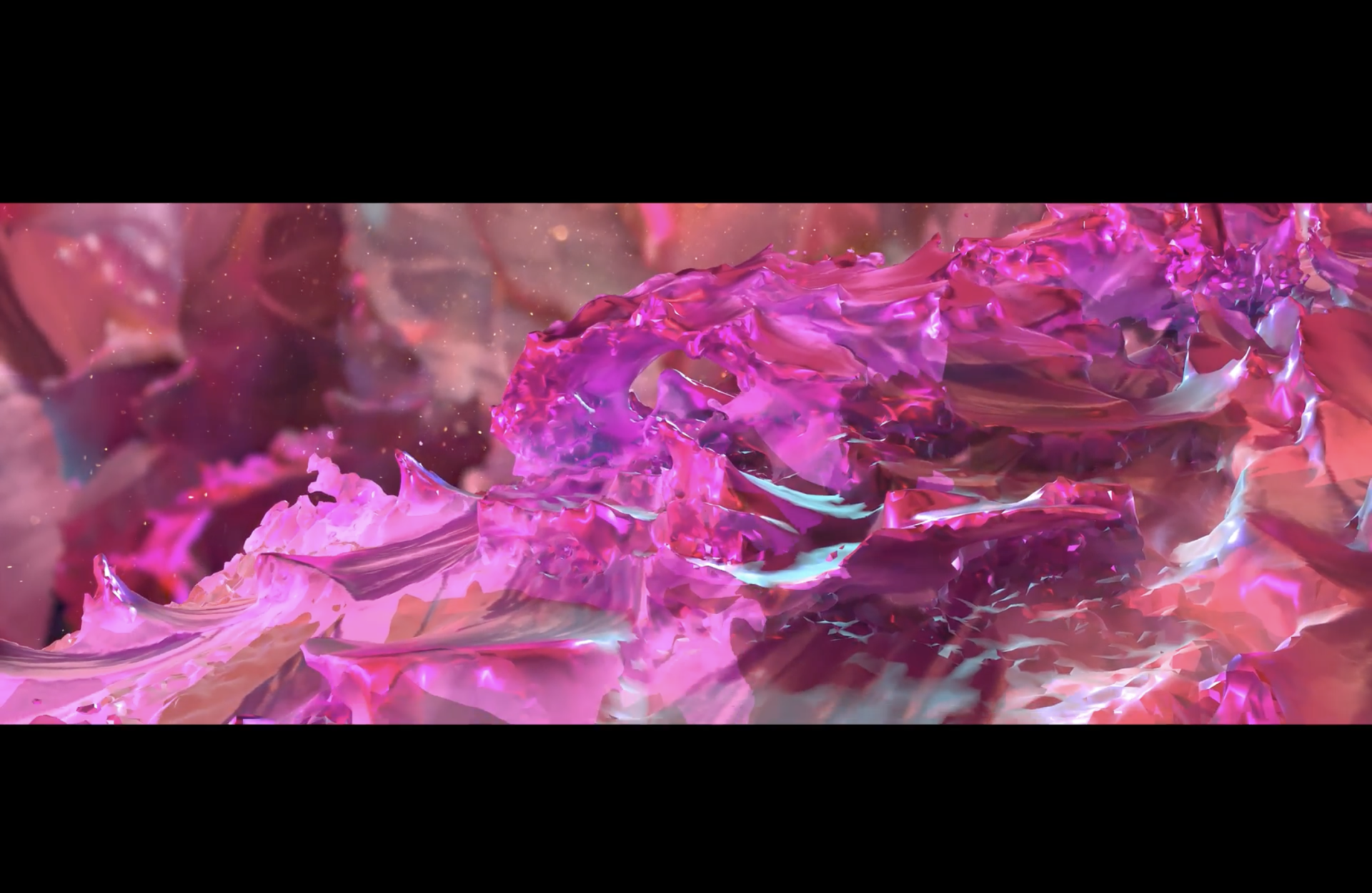Francisco Carolinum Linz
Meta.space - Raumsvisionen | Visions of Space
2022

On the occasion of the highly topical discussion about virtual spaces and the so-called Metaverse, the Francisco Carolinum presents "Meta.space. Raumvisionen" (Visions of Space), an exhibition
revolving around the theme of artistic engagement with space, touching on several epochs - from the Middle Ages to the digital present. What is currently en vogue as an escape from reality between the conquest of space and the virtualization of everyday life has spurred and inspired artists for centuries: The creation and design
of worlds and the artistic exploration of social, real and imaginary spaces. Time and again, social developments have been anticipated and influenced in a sustained manner. And thus, current trends such as the various Metaverse fantasies are by no means as revolutionary as they like to sell themselves. Concepts and ideas for the Metaverse have always emerged as utopian-dystopian
answers to human escapism, which manifests itself in a mixture of enthusiasm for science, technological progress, and artistic creation. The exhibition Meta.space. Raumvisionen (Visions of Space) takes a look at spatial concepts and visions by means of a selection of artistic works from various epochs and sheds light on the creation of space before and during the contemporary development of virtual spaces. The framework for this is a curated dialogue of works from the collections of the OÖ Landes-Kultur GmbH with
contemporary works.
The framework of content ranges from the thematization of early painterly solutions to pictorial spatial problems from the 15th century onward and the spatiality of sculptural works to the sensory, scientific and technical development of spaces and the recording and penetration of social spaces.
Finally, it culminates in the examination of a wide variety of digital world concepts and not only investigates their artistic and social implications but also critically questions the dystopian as well as the utopian potential of current Metaverse and Metaspace concepts against the backdrop of the Metaverse debates. In the context of globalization and digitalization, fundamental questions arise about "space" and its relevance for explaining social processes. Thereby, "space" is not only the physical, i.e. geographic space but above all, also a mental and social construct that groups and individuals subjectively and specifically work for in order to be able to form and consolidate their reality of life, their togetherness and their self-image. Since the so-called "spatial turn" at the end of the 1980s, space has been perceived anew as a cultural quantity, and investigations no longer focus solely on time as a cultural-scientific quantity. The theoretical basis of the exhibition Meta.space is, therefore, the "socially constructed space" as represented by Immanuel Kant, Henri Lefebvre and, more recently, above all Martina Löw. This "socially constructed space" is marked by the fact that it is based on perception, on an external experience to which the individual and the subjective are always attached. It is not a given ontological substance but a product of cultural and sociological processes determined by action and interaction. The parallel to the aesthetic process of art production and reception is conspicuous and makes it possible to derive superordinate phenomena for various aspects of space and spatiality and to create a new awareness of space and thus a new self-awareness. Especially against the background of increasing digitalization and virtualization, it becomes evident that space can no longer be just a geographical quantity but must be seen as a result of social interactions and actions, which complements real space and places the acting individual even more at the center.
On display are 75 artistic works and objects. Participating artists Anna Lucia, Aya - Artist from Creative Aya, Willem Janssonius Bleau, Eduard Schulz-Briesen, Nancy Baker Cahill, depart (Leonhard Lass, Gregor Ladenhauf), Herbert W. Franke, Franz Gebel, Alexander Grasser & Alexandra Parger, Robert F. Hammerstiel, Augustin Hirschvogel, Candida Höfer, Hans Hueber, The Institute of Queer Ecology, Ludwig Kasper, Johann Ev. Lamprecht,
Lawrence Lek, Christian Lemmerz, Gerard de Leraisse, Lichterloh, Anton Lutz, Martina Menegon, Armin Mitterbauer, Julie Monaco, Bernd Oppl, Henriette Pausinger, r0zk0, Anne Spalter, Volatile Moods, Eduard Schuzl-Briesen, Jakob Kudsk Steensen, Gerhard Valk, Georg Matthäus Vischer
News
©2024 Nancy Baker Cahill Studio. All rights reserved.